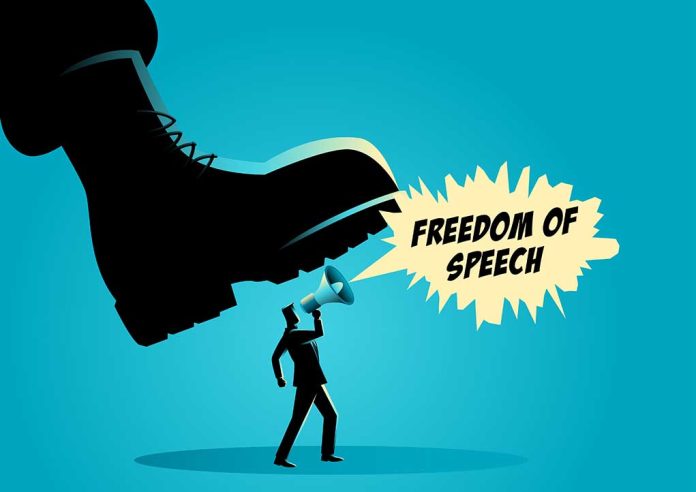
(RightWing.org) – The South African government established the Film and Publication Board (FPB) to ensure “efficient and effective consumer protection” by regulating films, certain publications, computer games, and music. The federal agency operates under the Department of Communications and Digital Technologies (DCDT) and is widely considered an agent of state-operated censorship. The FPB recently moved to control free speech ahead of upcoming national elections.
On February 20, South African President Cyril Ramaphosa issued a press release announcing his decision to schedule the 2024 provincial and general national elections for May 29. Ten days later, FPB CEO Dr. Mashilo Boloka issued a notice on the federal government’s Gazette announcing amendments to the 1996 Films and Publications Act. Three weeks later, the DCDT published the updates for public review.
On March 28, lawyers representing five media advocacy groups, including the South African Press Council and the Media Monitoring Africa Trust, sent a letter to Boloka asking him to withdraw those changes. Their complaints included several procedural issues involving the addition of measures pertaining to the dissemination of misinformation and disinformation through online platforms, including social media sites, during national elections.
For instance, the lawyers argued that the newly included definitions for “disinformation” and “misinformation” are impermissibly vague. Sections 1.1.2 and 1.1.3 of the amendments define both terms as information that is false. Disinformation involves a person disseminating that data, knowing it isn’t the truth. Inversely, misinformation consists of a person spreading information they think is accurate.
The letter addressed several other issues related to the revision’s legality. The notice advised that the FPB lacked the authority to adopt the changes and argued that the South African Constitution mandates legislative action to impose wide-sweeping restrictions on free speech.
The attorneys also said the FPB didn’t provide proper due process before implementing the changes. They cited the lack of proper notice and the public’s ability to respond as an example of the agency’s callous disregard for procedural norms.
It remains unclear what, if any, action Boloka might take in response to the letter. The lawyers representing the complaining parties haven’t indicated whether they intend to file a legal challenge to the changes if the FPB refuses to retract them in their entirety.
Copyright 2024, RightWing.org






















